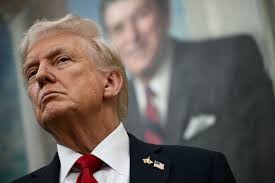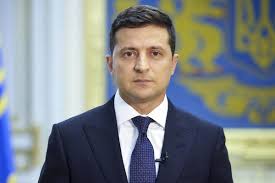Petroleum marketers have alerted Nigerians to brace themselves for an impending surge in the pump price of petrol.
The oil marketers have attributed this prospective increase to the escalating cost of crude oil, compounded by the depreciation of the naira against the US dollar, which collectively account for more than 80 percent of the cost of Premium Motor Spirit (PMS).
Brent crude, the global benchmark for oil, surged to $94 per barrel on Sunday, September 17, marking the highest figure for 2023.
At the outset of the year, oil prices stood at approximately $82 per barrel, temporarily dipped to $70 per barrel in June, but have recently traded above $92 per barrel.
Although the Federal Government and the Nigerian National Petroleum Corporation (NNPC) have consistently asserted the cessation of petrol subsidies, oil marketers contended on Sunday that the government was discreetly implementing a quasi-subsidy.
They expounded that with the latest spike in crude oil prices, the cost of petrol was expected to rise. Therefore, if the government persists in maintaining the petrol price at N617 per litre, it implies that the subsidy on PMS has been surreptitiously reinstated.
Chief Chinedu Ukadike, the National Public Relations Officer of the Independent Petroleum Marketers Association of Nigeria, stated in a Sunday release, “The Group Chief Executive Officer of NNPC, in one of his statements, had pointed out that as long as the dollar continues to rise, Nigerians should not anticipate petroleum product prices to be capped.”
“The cost of crude oil is also ascending, and it impacts the petrol price since PMS is derived from crude oil.”
“In this era of price deregulation, an increase in the dollar automatically translates to higher costs for importing petroleum products and associated services. Thus, the current pump price of petrol at N617 or N596 per litre, depending on proximity to depots, is actually lower than it should be when considering the surge in the dollar and crude oil prices.”
“I previously mentioned that what we are currently witnessing is a quasi-deregulation. The escalation in crude oil prices has both favorable and unfavorable repercussions for Nigeria. It is beneficial in the sense that it boosts our dollar earnings from crude sales.”
“However, it is detrimental because we still utilize those dollars to import the refined products of crude, which is the issue. If Nigeria were refining these products locally, it would result in substantial gains, but given that we import using the dollars we earn, it becomes unsustainable.”
“The disparity is becoming increasingly pronounced. Additionally, the exchange rate differential between the official and parallel markets continues to widen, and these gaps must be bridged by the government through quasi-subsidies on petrol.”
“It is worth noting that many of the investors who attempted to import products following the announcement of petrol subsidy removal are now encountering significant challenges.”
“This is because after purchasing dollars in the parallel market, they are unable to recoup their investments. Therefore, the government needs to be transparent regarding the removal of subsidies. It should implement the policy fully to foster healthy competition.”




